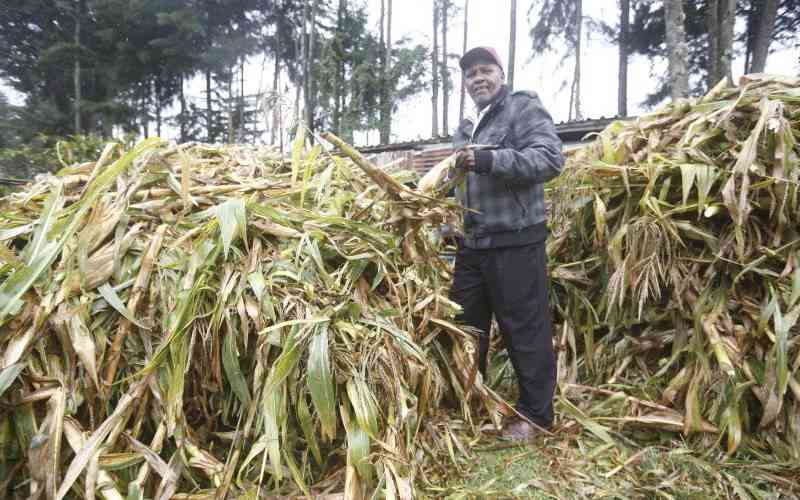×
The Standard e-Paper
Join Thousands Daily

Maize farmers across the country expect a bumper harvest in the current season set to hit its peak in two months.
With timely access to subsidised fertiliser, farmers in the North Rift and parts of Western Kenya attribute good crop development to government-subsidised fertiliser programmes, even as some farmers in the South Rift region stare at a loss due to pesticides and lack of rains.